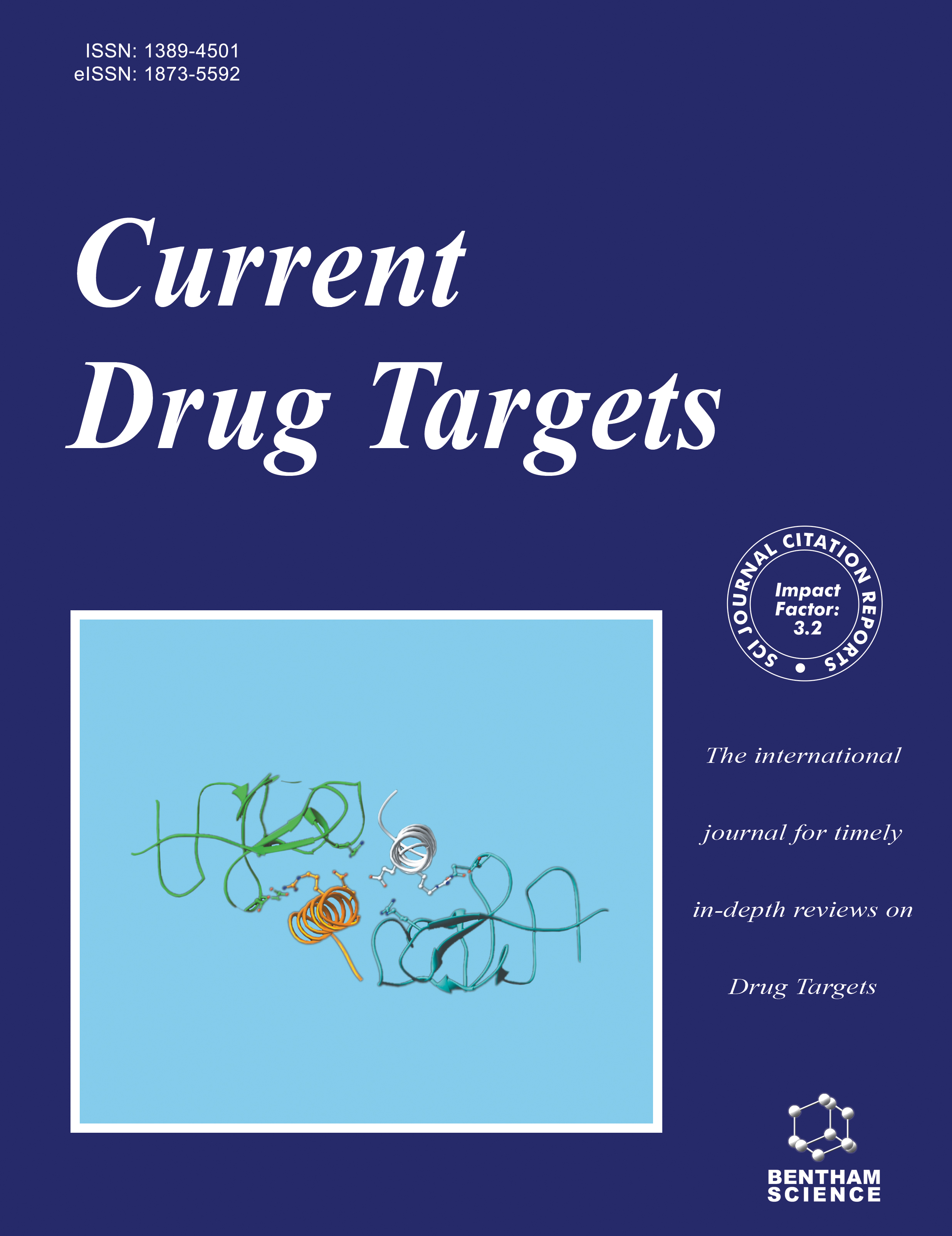-
oa Editorial [Hot Topic: Drug Delivery Strategies in Targeting Cancer:Current Concepts and Future Developments (Guest Editor: Jose L. Arias)]
- Source: Current Drug Targets, Volume 12, Issue 8, Jul 2011, p. 1094 - 1095
-
- 01 Jul 2011
Abstract
Regardless of the extended use of anticancer agents even in multiple drug regimens, chemotherapy failure habitually occurs even in the most sensitive malignancies (i.e., breast cancer). This is mainly the consequence of: i) an extensive biodistribution and rapid plasma clearance which lead to ineffective drug concentrations into the tumor tissue; and, ii) multi-drug resistances exhibited by cancer cells. Drug delivery strategies have tried to revolutionize the fight against cancer by enhancing the concentration of chemotherapy agent into the tumor tissue, thus increasing the anticancer activity and minimizing the associated adverse systemic effects. With that aim, cytotoxic nanomedicines are engineered to control drug biodistribution and to overcome multi-drug resistance mechanisms. The most promising results are coming from passive drug targeting and active drug targeting strategies. Unfortunately, current nanotechnologies against cancer are principally limited by poor drug loading values, very fast drug release kinetics, and the complex simultaneous monitoring of the targeting efficiency. In line with these challenges, the objective of the present thematic issue of Current Drug Targets is to discuss the pharmaceutical and biomedical perspectives of nanomedicines against cancer. The most promising moves towards cancer treatment are exemplified in five selected contributions by well-known research groups. These review articles comprise insights into new concepts derived from nanotechnology, medicinal chemistry, physical chemistry, and advanced materials science with potential clinical applicability. The first contribution by Prof. Holgado and colleagues is an example of how biodegradable polymers could maximize drug delivery to tumors. This review article is particularly focussed on unique approaches of polymeric colloids in oral chemotherapy, drug delivery to brain tumors, and against multi-drug resistance cancer cells. In this way, the contributions by the research groups of Prof. Concheiro, and Prof. Qian highlight the very important applications of biodegradable copolymers in drug delivery to cancer, which can optimize the effectiveness/toxicity ratio of chemotherapy. These review articles further underline the possibilities rising from long-circulating amphiphilic copolymers in the delivery of genes, vaccines, and diagnostic agents....


